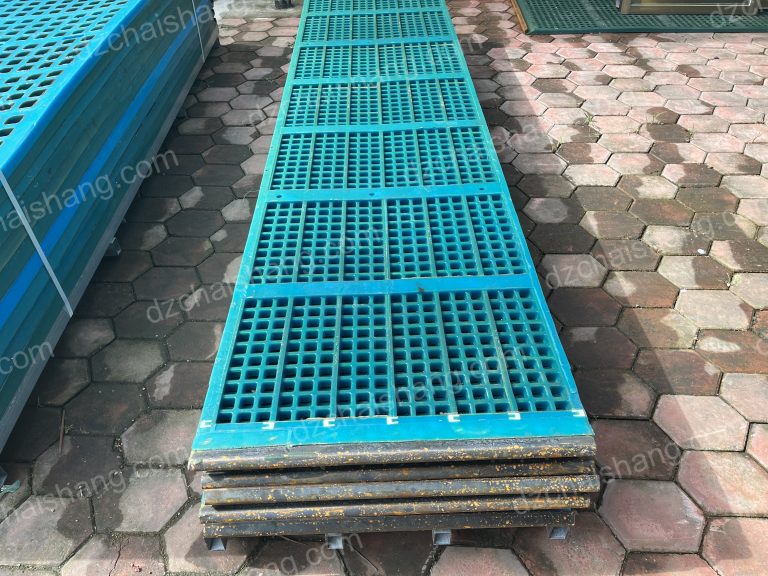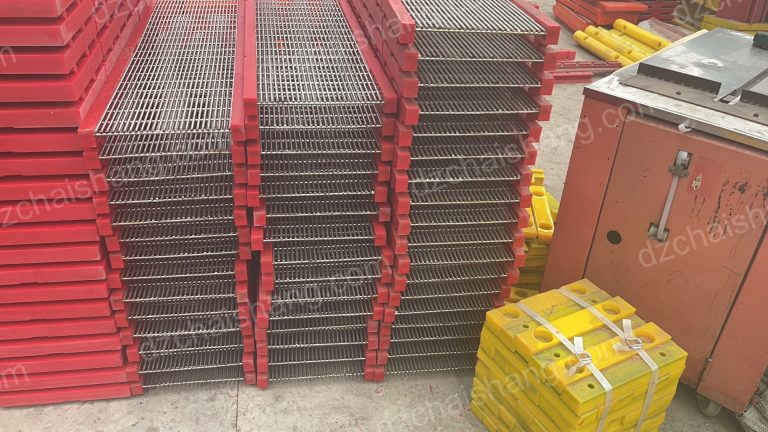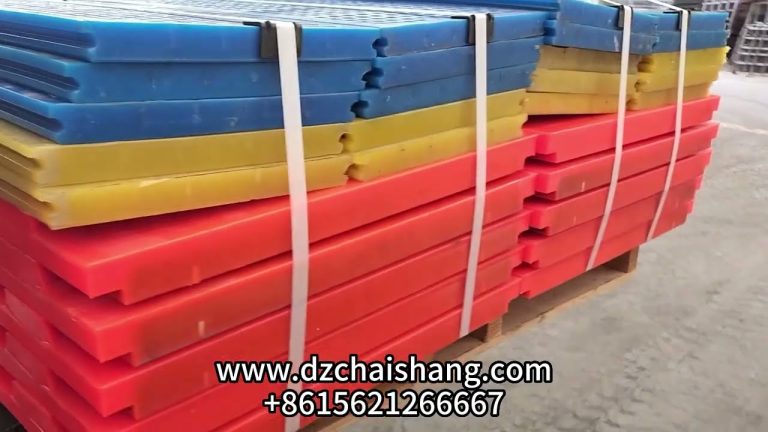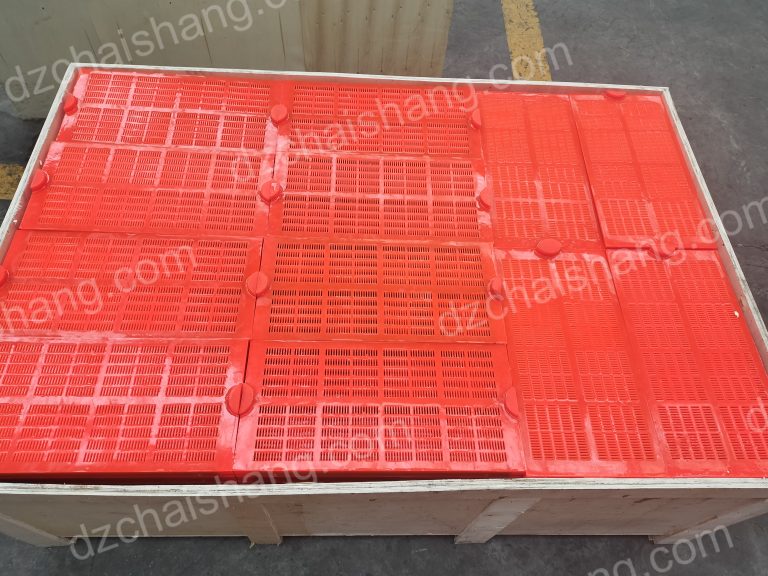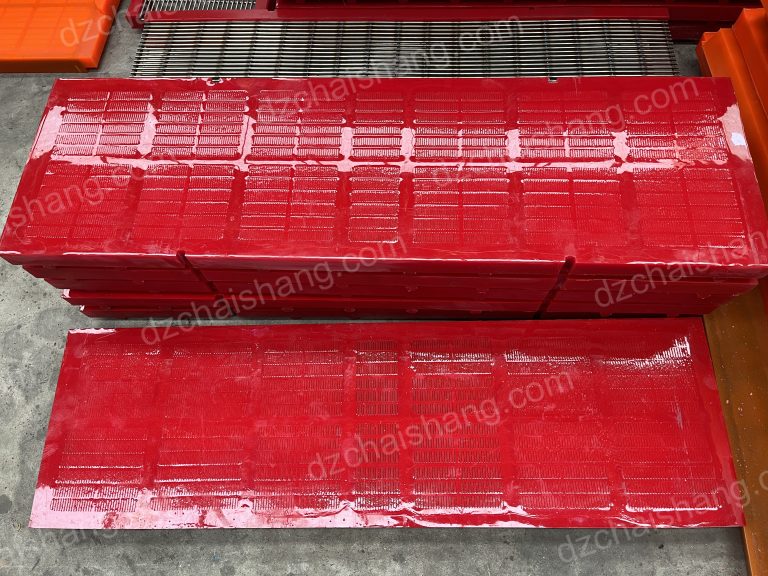How to Choose the Right Polyurethane Screen for Your Application
Understanding polyurethane screens
Polyurethane screens are highly versatile and durable screening solutions widely used in various industries, from mining to food processing. When selecting a polyurethane screen for your application, it is essential to consider factors such as the material properties, mesh size, and the specific requirements of your project. By understanding these elements, you can make an informed decision that will enhance efficiency and productivity in your operations. One crucial aspect to consider is the durometer of the polyurethane material. The durometer measures the hardness of the material, which directly affects its flexibility and wear resistance. A harder screen may provide better durability but could be less effective in handling softer materials. Conversely, a softer screen might excel in applications requiring more flexibility but may wear out faster. Balancing these properties based on your application needs is important to ensure optimal performance. The mesh size of the screen is equally important, as it determines the size of the particles that can pass through. Choosing the correct mesh size can significantly impact the quality of the separated materials. For instance, if you require finer separation, a smaller mesh size is necessary. However, this could also lead to increased clogging, particularly when dealing with sticky or wet materials. Therefore, it’s critical to analyze the characteristics of the materials being screened to select the appropriate mesh size.

Evaluating Application Requirements
Each application has unique needs that should be closely evaluated before making a purchase. Consideration must be given to the type of materials being processed, as well as the operational environment. For example, abrasive materials may require more robust screens, while delicate items may call for screens designed with less impact resistance. Understanding these requirements ensures that you choose a screen that meets the demands of your specific application. Additionally, the operating temperature and chemical exposure should be taken into account. Polyurethane screens can be sensitive to extreme temperatures and certain chemicals, which can lead to premature failure. If your application involves harsh conditions, selecting a specialized polyurethane formulation resistant to heat or corrosive substances is advisable. This careful evaluation can prevent costly downtimes and maintain the longevity of your equipment. Lastly, always consider the production volume and throughput requirements of your application. If you operate in a high-volume setting, investing in a thicker, more durable screen may be wise despite a higher initial cost. This investment can pay off in the long run by reducing replacement frequency and maintenance efforts. On the other hand, if your needs are minimal, a more standard option may suffice, allowing for cost savings while still meeting your operational goals.
Maintenance and Longevity

Proper maintenance of polyurethane screens is vital to ensure their longevity and consistent performance. Regular inspections can help identify any wear or damage early, preventing larger issues down the line. Establishing a routine maintenance schedule will contribute to the effectiveness of your screening process and minimize unexpected breakdowns. Cleaning methods also play a significant role in the lifespan of your screens. Depending on the nature of the materials being screened, build-up can occur, leading to reduced efficiency. Utilizing appropriate cleaning techniques—such as pressure washing or using specific solvents—can help maintain the integrity of the screen and improve its performance. Be sure to follow the manufacturer’s recommendations for cleaning to avoid damaging the material. Finally, training your team on the proper handling and installation of polyurethane screens is crucial. Misalignment or improper installation can lead to premature failure and inefficiencies. Providing thorough training ensures that all employees understand the importance of correct procedures, thereby enhancing the overall effectiveness and lifespan of your screening solutions.

